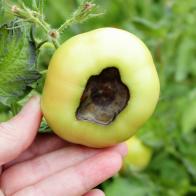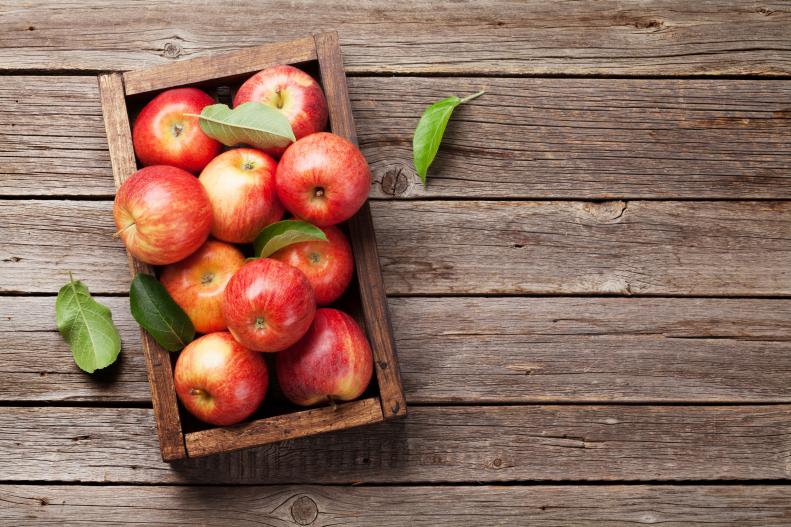1 / 18
Photo: Shutterstock/Evgeny Karandaev
All Hail Whole Fruits!
Though we often think the best way to get vitamins and minerals is in pill form, in fact, nature is truly the best medicine. Case in point: fruit. An actual piece or cup of fruit is far better at providing the vitamins, fiber and antioxidants you need to stay healthy than those same things taken in supplement form. "The body is more likely to recognize recurring nutrients in whole foods compared to manufactured dietary supplements" says Roger Figueroa, assistant professor in social and behavioral science in nutrition at Cornell University's Division of Nutritional Sciences.
.-Battle-on-the-Beach-courtesy-of-HGTV.-.jpg.rend.hgtvcom.196.196.suffix/1714847929029.jpeg)







